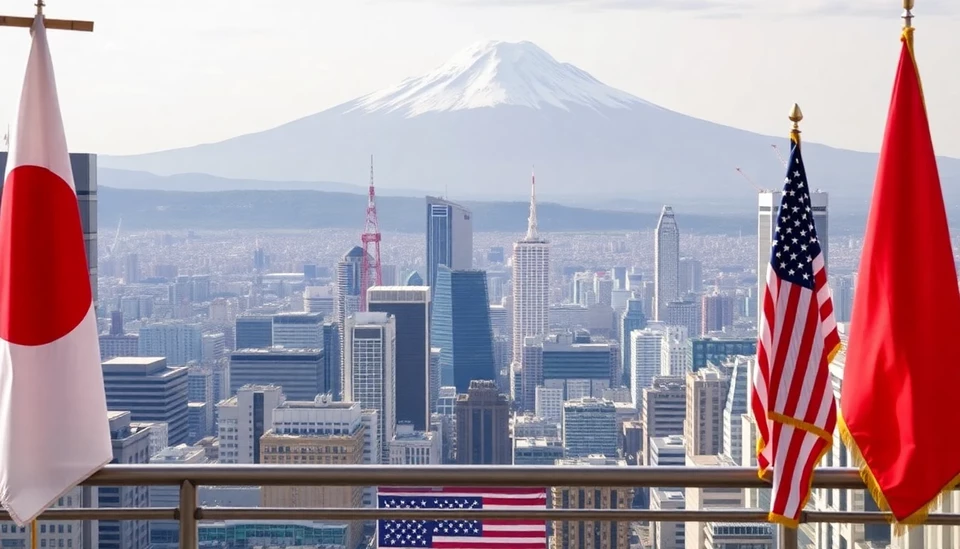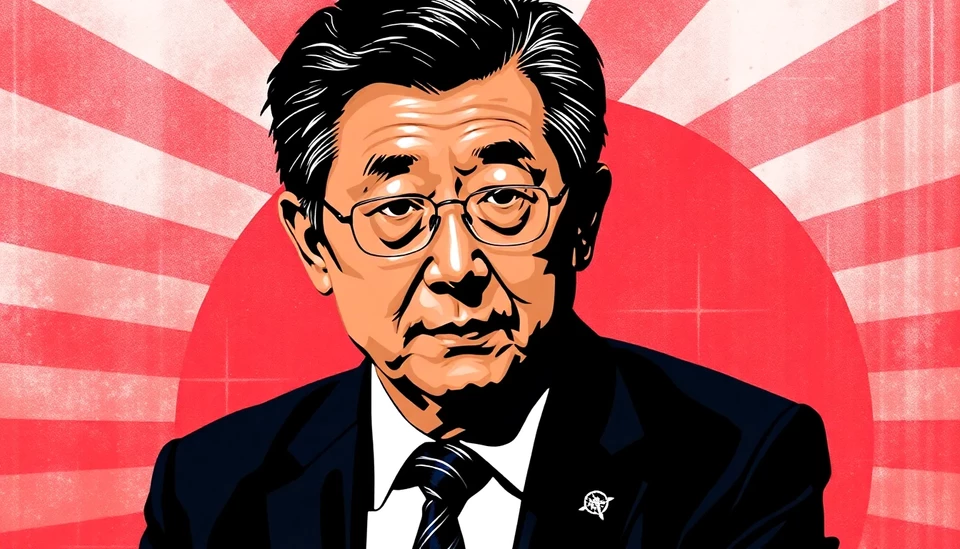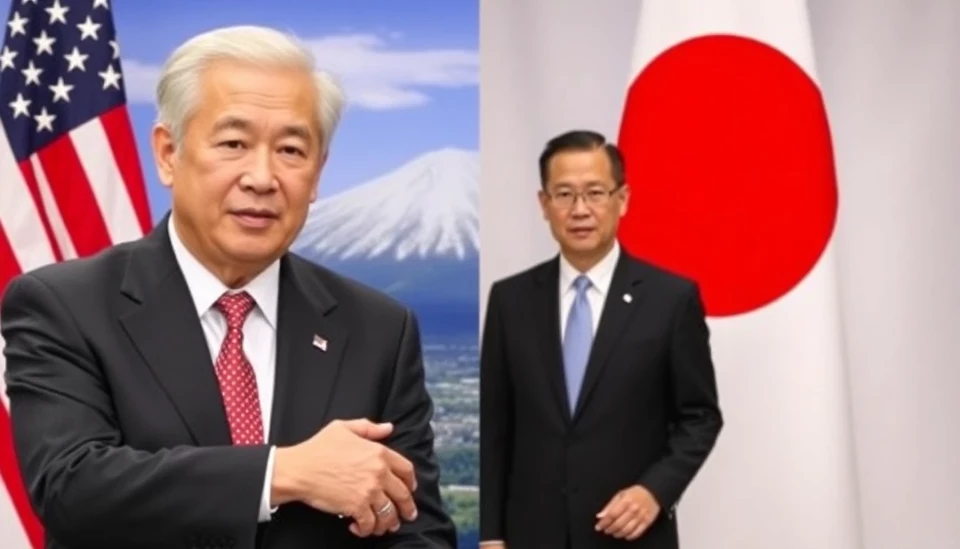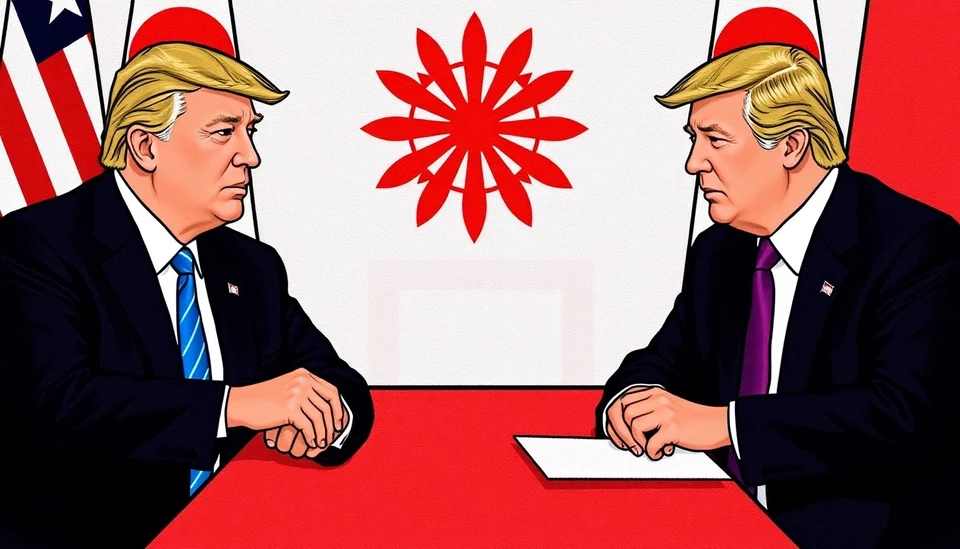
This week marks a pivotal moment for Japan as it prepares to engage in high-stakes discussions with the United States concerning tariffs that could have profound effects on both nations' economies. The negotiations are set to begin amid escalating tensions in global trade relations, further complicating the landscape for international commerce.
As Japan's economy strives for recovery in the aftermath of the pandemic, the outcome of these negotiations carries significant implications. The ongoing discussions reflect broader uncertainties in the global market, particularly concerning supply chains and import policies that have been altered dramatically over the last few years.
The Biden administration has prioritized addressing tariffs imposed during the previous administration, particularly tariffs on steel and aluminum that have drawn criticism from various quarters, including Japan. These tariffs were initially introduced as a national security measure but have increasingly come under scrutiny for their economic repercussions.
Japanese officials assert that these tariffs not only harm their economy but also hinder the effort to strengthen bilateral trade relations. Japan's manufacturing sector, a cornerstone of its economy, relies heavily on the importation of materials that have become more expensive due to these tariffs. As such, Japan is advocating for a reduction in tariffs to promote a fairer trading environment.
In preparation for the talks, Japanese trade representatives have discussed potential strategies, emphasizing the importance of seeking mutual agreements that can satisfy both nations' economic interests. Additionally, discussions are expected to encompass a wider array of topics, including digital trade and technology transfer, which are increasingly relevant in today's digital economy.
While both sides recognize the importance of these talks, there remains a shared concern over the potential fallout should negotiations fail. Economic analysts warn that a stalemate could lead to further strain on trade relationships and exacerbate inflationary pressures that both nations are currently experiencing.
As the talks get underway, all eyes will be on the outcomes, which may signal a new phase in US-Japan economic relations. Japan hopes to secure a favorable resolution that not only eases trade tensions but also sets the groundwork for future collaboration on economic initiatives.
As the world watches closely, Japan's success in these negotiations will be crucial for its economic trajectory and for the broader context of international trade, signaling whether cooperation can outpace lingering uncertainties.
In a climate where trade dynamics are constantly shifting, this week's tariff discussions could either pave the way for a new era of partnership or deepen the existing rifts. The stakes couldn't be higher for both Japan and the United States.
#Japan #USTrade #TariffTalks #Economy #InternationalRelations
Author: Laura Mitchell




